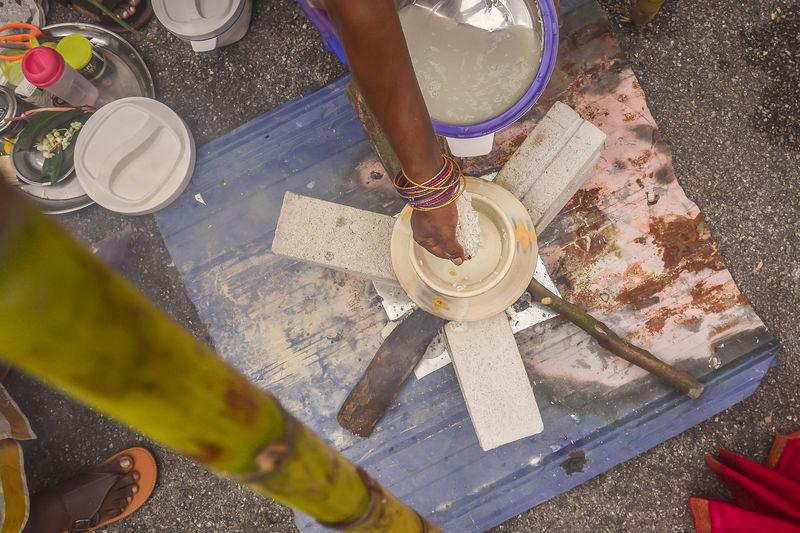PETALING JAYA: The Tamil Hindu community celebrates its most cherished festival, the Pongal harvest festival, today.
Known for its rich cultural and spiritual significance, the occasion is marked by the preparation of a sweet rice dish, pongal, cooked in traditional clay pots.
This act of gratitude to the Sun God (Surya Bhagavan) not only honours a bountiful harvest but also celebrates the vital role of agriculture and farmers.
Malaysia Hindu Sangam president T. Ganesan said Pongal is much more than a religious event.
“It is a celebration of life, community and tradition that brings people together to appreciate the value of hard work and nature’s abundance,” he said.
Ganesan highlighted notable differences in how Pongal is celebrated across Malaysia.
“In rural areas, the celebrations are more community-centred, with elaborate rituals, cattle worship and traditional games.
“In urban areas, due to space and time constraints, the focus shifts to temple events and cultural performances.
“These urban celebrations aim to bridge the gap between tradition and modernity,” he said.
He also emphasised the importance of supporting local farmers and artisans during the festival.
“We source festival items like sugarcane, turmeric and rice directly from farmers and promote traditional clay pot makers and kolam powder artisans,” he said.
ALSO READ: Pongal celebration a symbol of unity, harmony and progress
Public campaigns encourage communities to support these groups, ensuring their livelihood while preserving tradition.
Ganesan said to maintain Pongal traditions among younger generations, the association actively organises cultural workshops and competitions at Tamil schools and universities.
These activities include pongal kolam design contests, traditional cooking competitions and storytelling sessions about the festival’s origins and significance.
“We also collaborate with Tamil language teachers to integrate lessons about Pongal into the school curriculum,” he said.
To keep up with changing times, Malaysia Hindu Sangam has embraced digital platforms to promote Pongal traditions.
Through social media, webinars and live-streamed events, the organisation reaches younger audiences and urban communities.
“We share educational videos, host virtual cooking classes and run hashtag campaigns to keep the festival relevant in the digital age,” Ganesan said.
Collaborations with cultural and religious organisations, such as Persatuan Kebudayaan Tamil, also help promote the significance of Pongal on a larger scale.
“By hosting large-scale festivals and events, we foster unity and highlight Pongal’s agricultural and cultural heritage,” he said.
Ganesan added that urbanisation poses challenges to maintaining traditional Pongal celebrations, but Malaysia Hindu Sangam has addressed these effectively.
“We ensure urban communities have access to resources and knowledge for traditional celebrations by organising temple events, distributing free Pongal kits and creating public awareness campaigns,” he said.
Additionally, partnerships with local councils enable open spaces in cities for traditional ceremonies.
The festival also generates a significant demand for traditional clay pots, which hold a special place in the celebrations.
KS Pottery managing director Ananth Arumugam said the demand for eco-friendly and chemical-free clay pots has been steadily increasing.
“The demand for clay pots is increasing every year due to their health benefits and good quality. People are starting to use our products,” he said, adding that challenges also arise during the festival season.
“The process of obtaining clay becomes more challenging during festivals due to increased demand.”
He explained that preparing clay pots is both labour-intensive and time-sensitive.
“We can produce 400 to 500 Pongal pots daily, with each batch taking four to five days to finish.
“For smaller items such as clay lamps, production is higher, at 4,000 pieces daily, and completed within four days,” Ananth said.
He added that rising raw material costs, including clay, sand, minerals and paints, have led to annual price increases.









